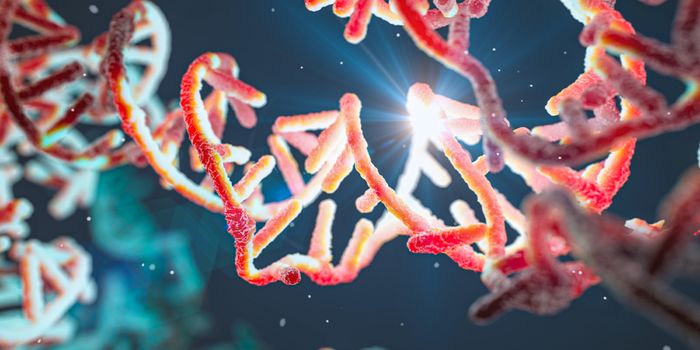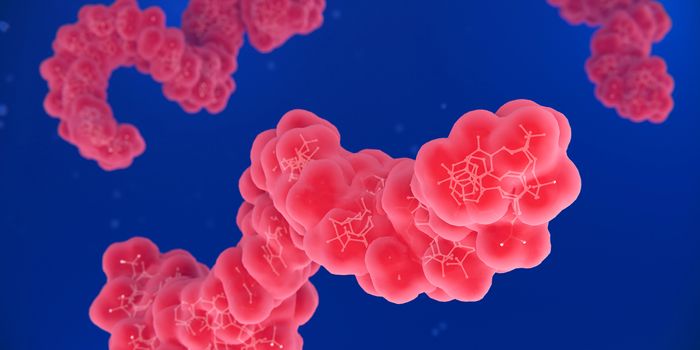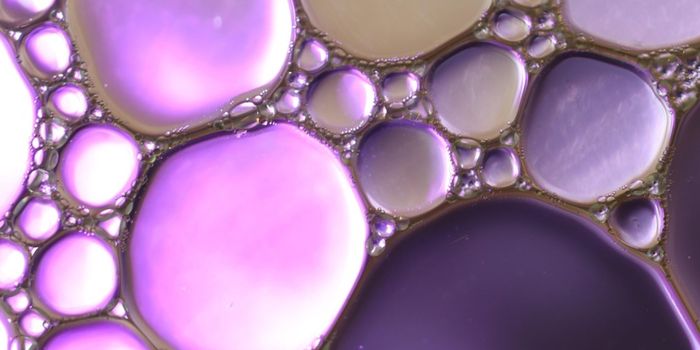A Novel Type of Protein Degradation is Revealed
Some proteins are involved in the regulation of gene activity, and these crucial proteins are often short-lived. They function in rapid immune responses, or helping the brain create new connections, for example. Shortly after being produced in the nucleus, these proteins are eliminated. Scientists have now discovered how these proteins are broken down. A protein called midnolin is vital to the process, and it can attach to these proteins and ensure they are degraded by the proteasome. The work has been reported in Science.
Ubiquitin is a well-known tag that is added to proteins that are meant to be degraded. The proteasome is instructed to break down ubiquitin-tagged, or ubiquitinated proteins. But researchers have known that some proteins are destroyed without being ubiquitinated; the mechanism behind that observation was unclear, however. Stimuli-induced transcription factors, which can control gene expression and are themselves produced in response to environmental stimuli, are among these proteins. They are often involved in critical processes, the study authors noted.
In this study, the investigators started by focusing on two well known transcription factors: Fos and EGR1. For is related to learning and memory, while EGR1 is involved in cell division and survival. The researchers found that mindolin was involved in the breakdown of these proteins. Additional work indicated that midnolin is related to the destruction of many other nuclear transcription factors.
"Once we identified all these proteins, there were many puzzling questions about how the midnolin mechanism actually works," said co-lead author Christopher Nardone, a graduate. candidate in genetics at Harvard Medical School (HMS). The mechanism they discovered is, "very simple and quite elegant," added Nardone.
With a computational tool called AlphaFold, the researchers determined that midnolin has a "catch domain," which attaches to other proteins, and puts them directly in the proteasome for degradation.
"The most exciting aspect of this study is that we now understand a new general, ubiquitination-independent mechanism that degrades proteins," said co-senior study author Stephen Elledge, the Gregor Mendel Professor of Genetics and of Medicine at HMS and Brigham and Women’s Hospital. .
Now the researchers want to known more about midnolin. Mice without mindolin are being engineered, and structural studies are planned. It may be possible to harness this system to control transcription factors, the researchers suggested.
"Protein degradation is a critical process and its deregulation underlies many disorders and diseases," including some neurological and psychiatric conditions, and some cancers, said co-senior study author Michael Greenberg, the Nathan Marsh Pusey Professor of Neurobiology in the Blavatnik Institute at HMS.
Sources: Harvard Medical School, Science









